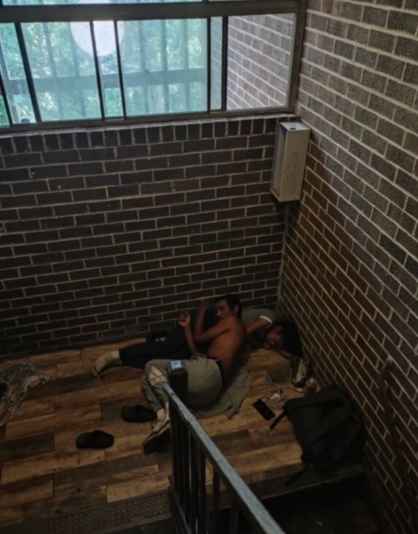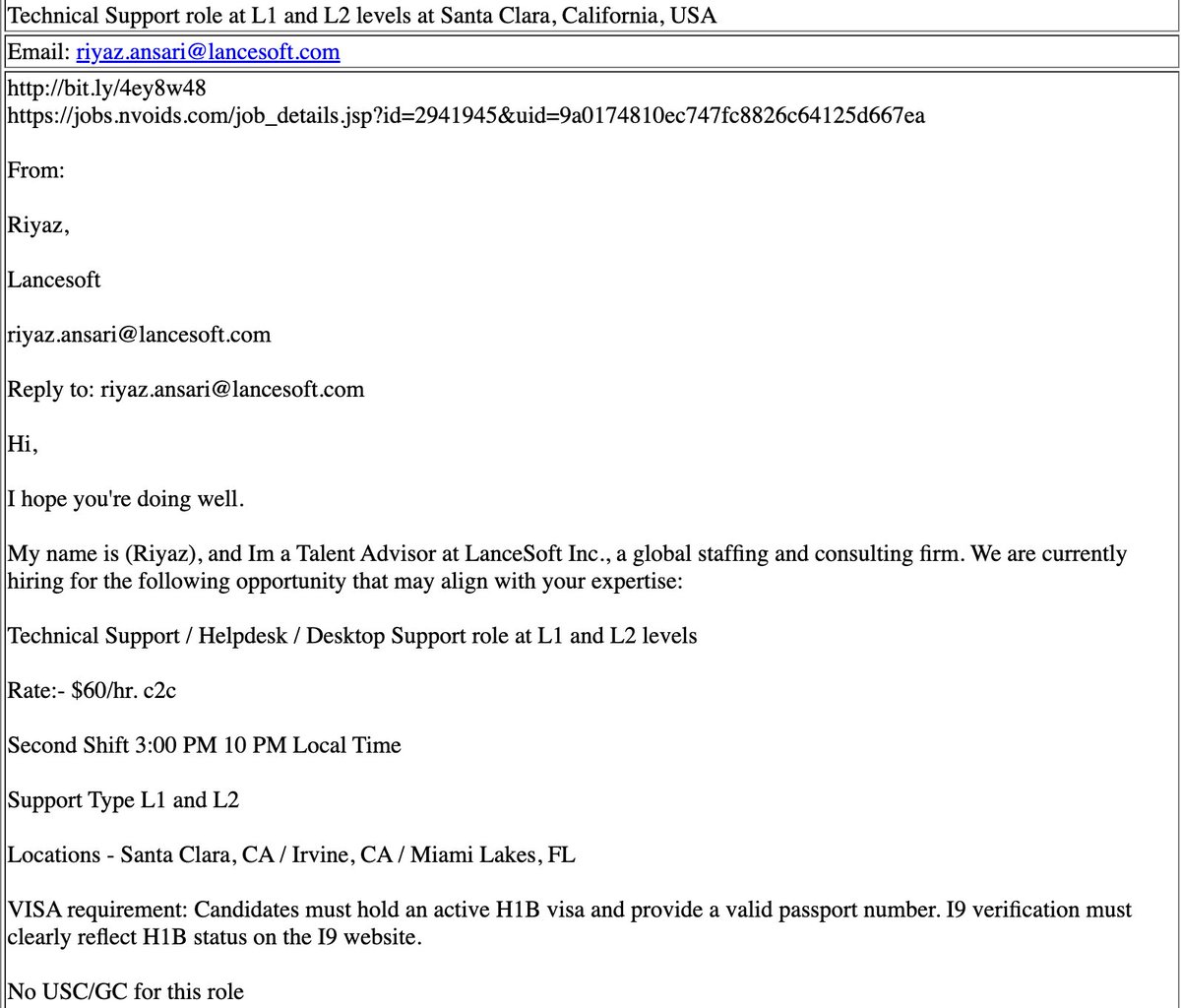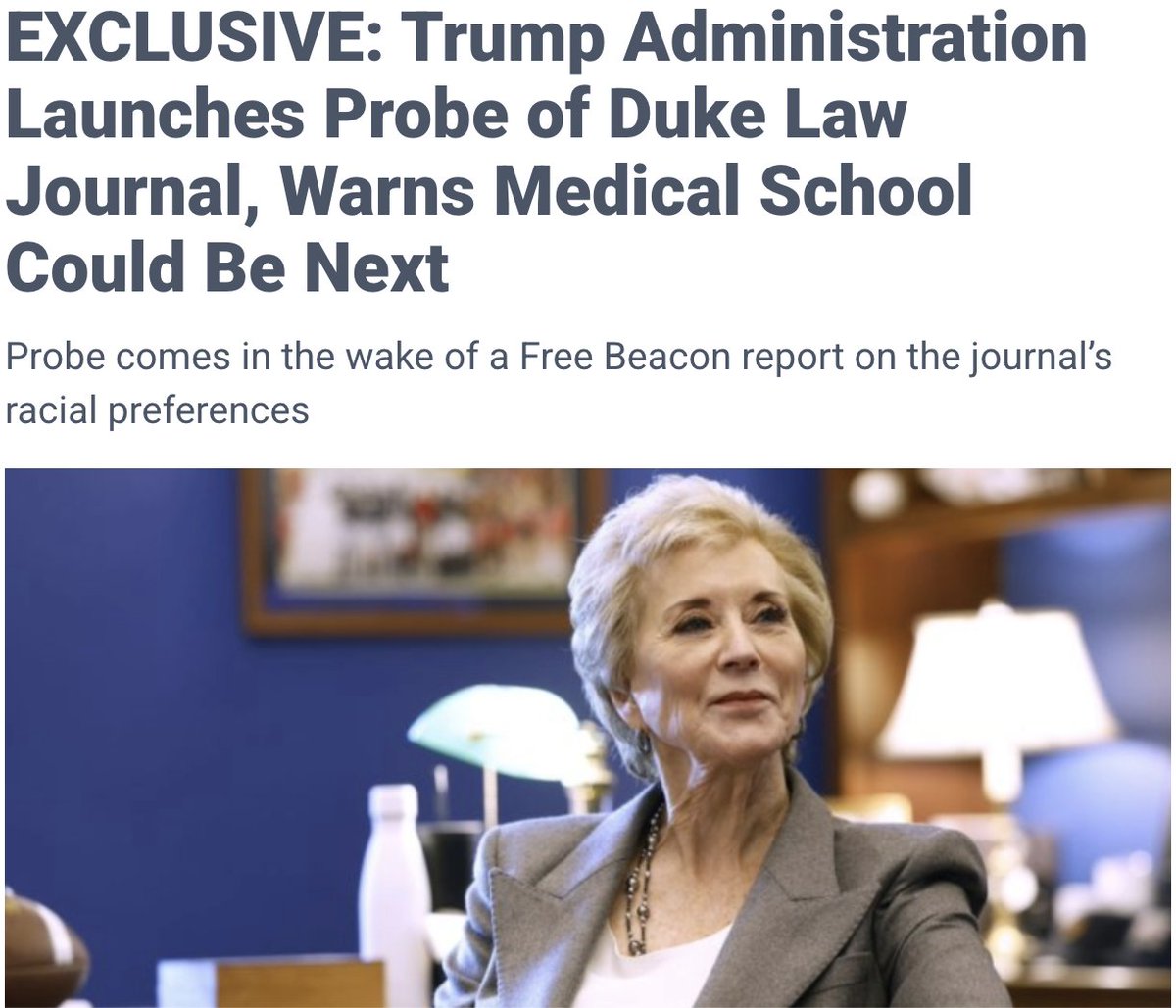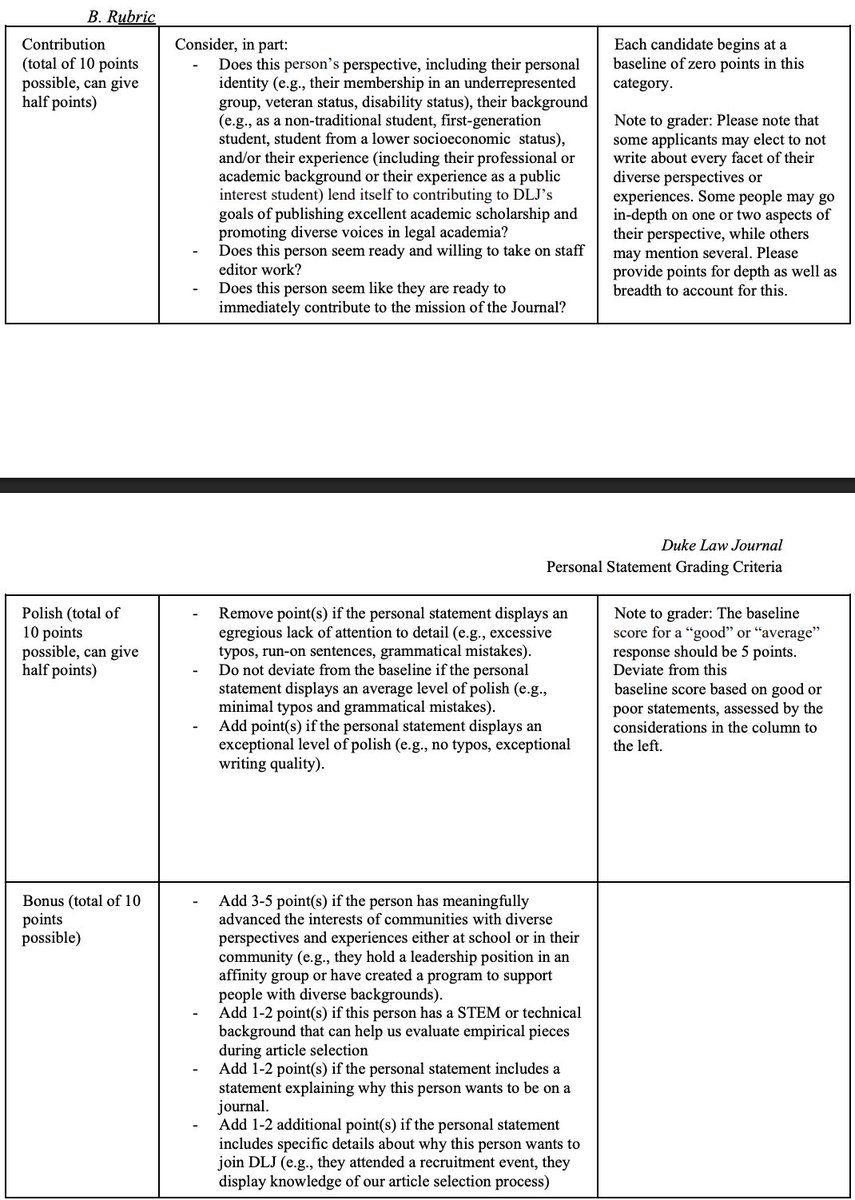New research finds that 1/5th of academic jobs require DEI statements; that the statements are significantly more common at elite schools than non-elite ones; and that jobs in STEM are just as likely as jobs in the social sciences to require DEI statements.freebeacon.com/campus/study-d…
The last finding surprised James Paul, one of the study's co-authors. He'd hypothesized that the more empirical a field, the less likely it would be to use "soft" criteria when evaluating applicants. But when he actually ran the data, that hypothesis collapsed.
"The most surprising finding of the paper is that these requirements are not just limited to the softer humanities," Paul said. "I would have expected these statements to be less common in math and engineering, but they're not."
DEI statements have grown more routine in recent years, especially on the West Coast. Between 2018 and 2019, for example, most schools in the University of California system mandated DEI statements for all faculty applicants. academic-senate.berkeley.edu/sites/default/…
This swift march has not gone unopposed. City Journal‘s Heather Mac Donald has blasted DEI requirements as an assault on meritocracy, quipping that Einstein’s groundbreaking research had nothing to do with diversity, equity, or inclusion. latimes.com/opinion/op-ed/…
Paul agreed, saying it was "concerning" that DEI has begun to "take precedence over merit." The study notes that at UC Berkeley, more than 76 percent of applicants to a life sciences post were eliminated on the basis of their DEI statements. ofew.berkeley.edu/sites/default/…
Others, like the American Enterprise Institute's Max Eden, see the requirements as ideological litmus tests, loyalty oaths to a "woke" worldview in which equity matters more than education and free thought.
"Universities are conditioning employment on fealty to an ideology that is inherently hostile to the university's traditional mission," @maxeden99 said.
"If colleges started asking prospective faculty about their patriotism or commitment to American ideals, you can bet there would be a mass outcry about academic freedom."
Greg Lukianoff, the president of the Foundation for Individual Rights in Education, echoed Eden's concern.
Greg Lukianoff, the president of the Foundation for Individual Rights in Education, echoed Eden's concern.
"The idea that someone looked at the current crop of professors and said, ‘There's just not enough political homogeneity' is remarkable to me," @glukianoff told the Free Beacon. "I fear that higher education has become a conformity engine."
The study suggests that DEI litmus tests are not aberrational. They are now common at both public and private universities—especially the elite ones, which the study found were 18 percent more likely than non-elite schools to require diversity statements.
Paul speculated that the market power of such schools lets them be extra ideological. If elite universities get more job applicants, he reasoned, they may "be able to prioritize this ideology without sacrificing anything in quality."
The 19% stat is likely a low-ball estimate. For one thing, the study only used the terms "diverse" or "diversity" to identify jobs that require DEI statements; postings that eschewed that language in favor of "equity" or "antiracism" weren't counted under the coding scheme.
For another, the study only looked at job postings, not job applications. If some applications required diversity statements that weren't advertised in public postings, the results could be a significant undercount.
Komi German, a research fellow at FIRE, argued that the proliferation of DEI statements could ultimately backfire, constraining not just ideological but racial diversity.
"Hiring committees may emphasize the political and ideological components of DEI statements to make them more palatable to progressive white scholars," German said. "After all, being white won't count against them if they can pledge strongly enough their allegiance to DEI."
• • •
Missing some Tweet in this thread? You can try to
force a refresh





















